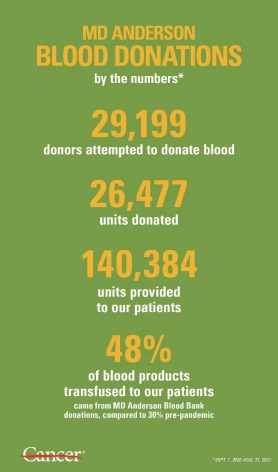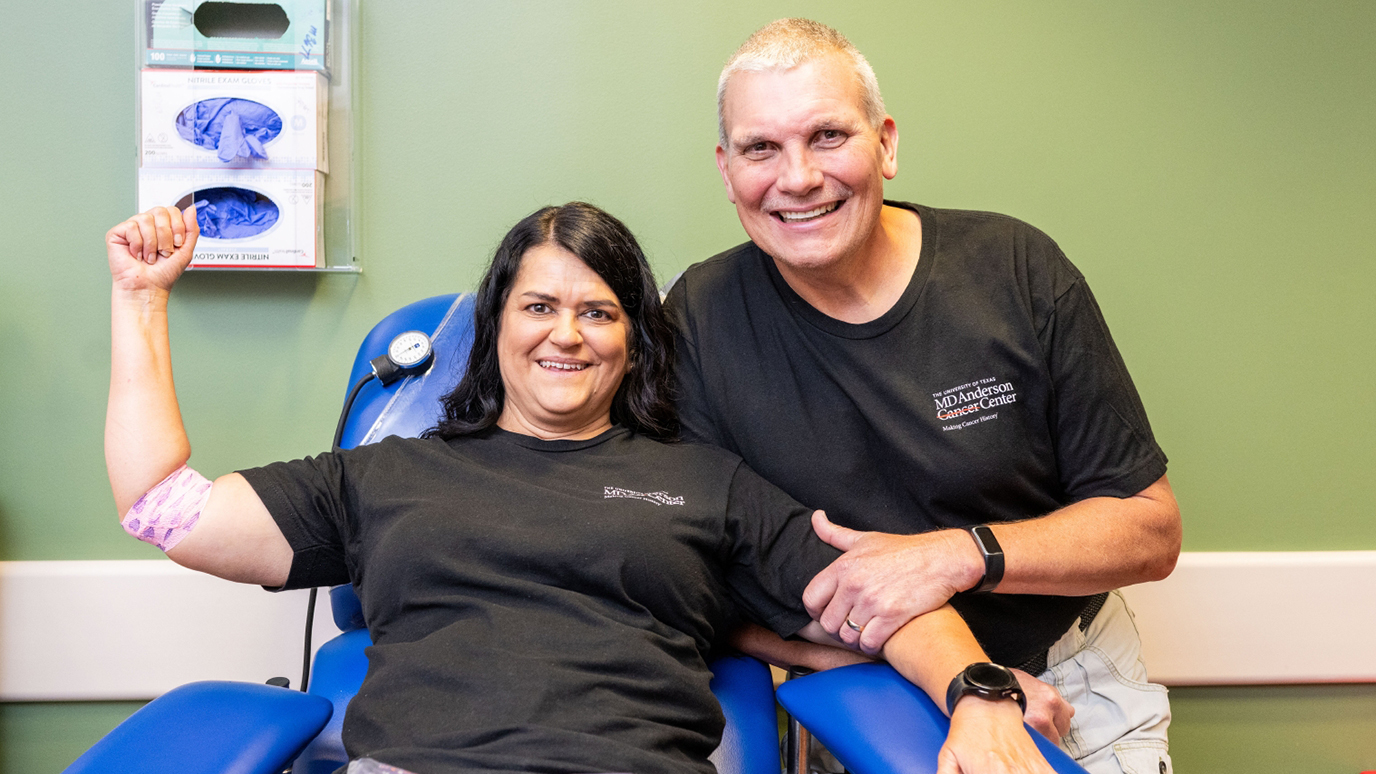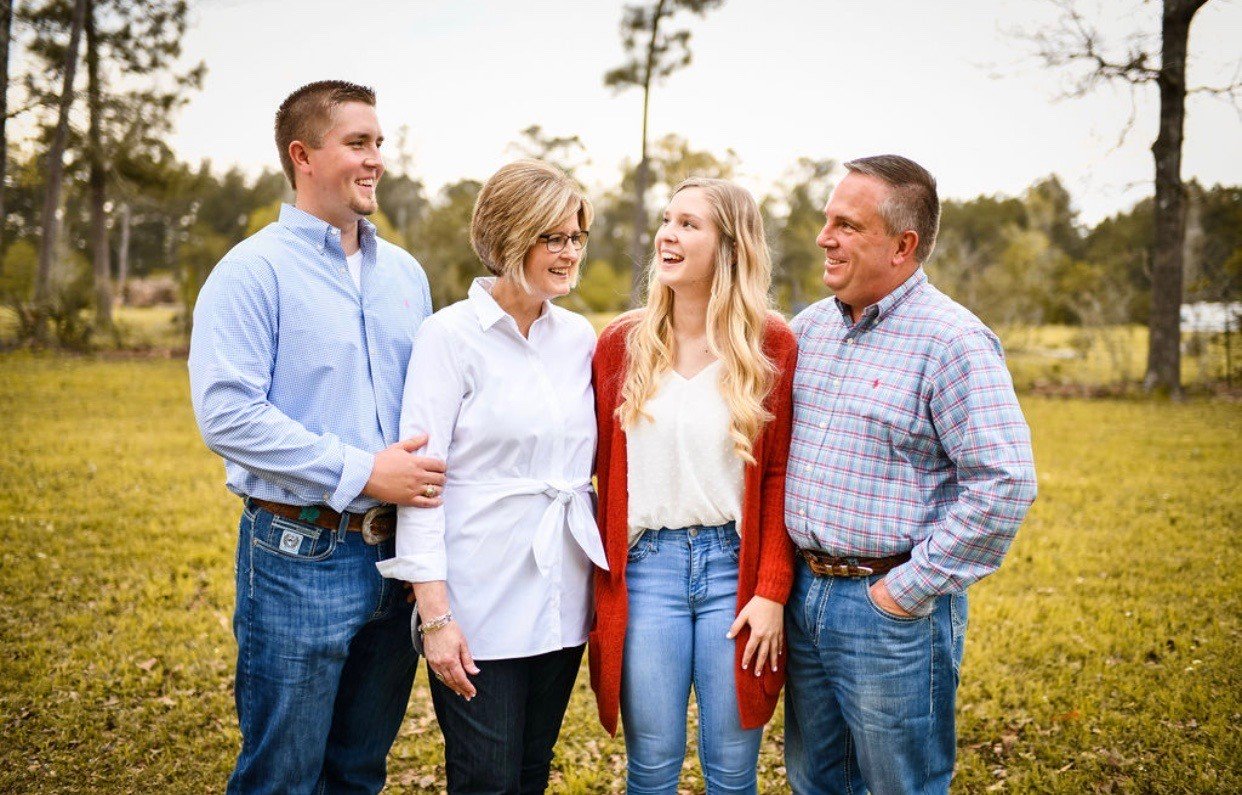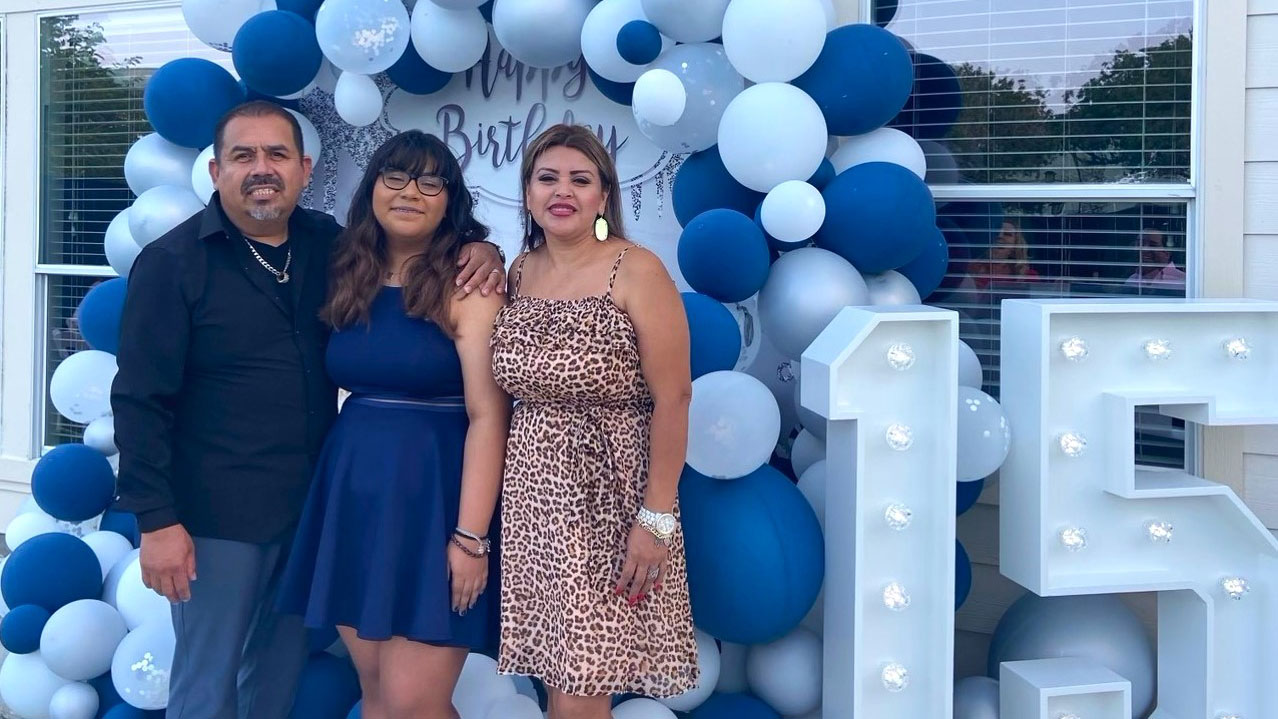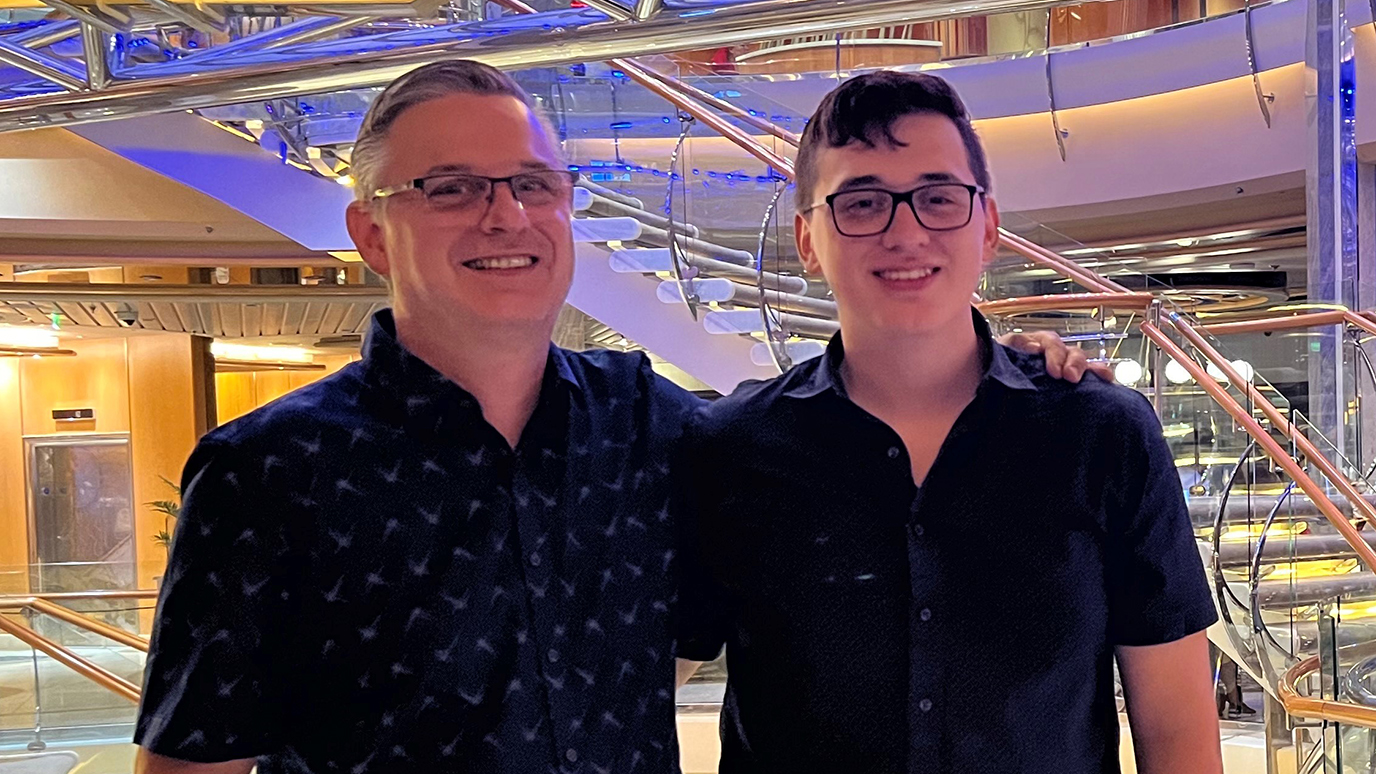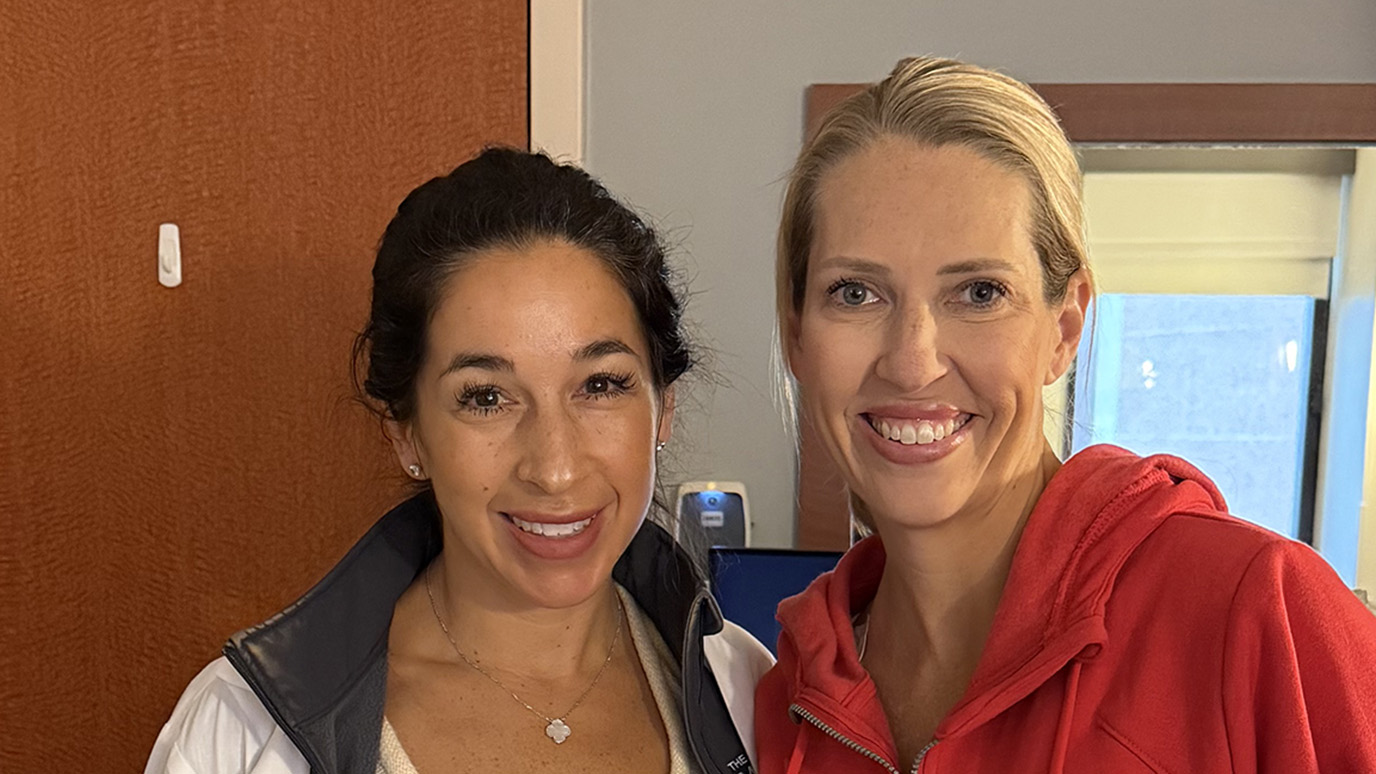- Diseases
- Acoustic Neuroma (16)
- Adrenal Gland Tumor (24)
- Anal Cancer (70)
- Anemia (2)
- Appendix Cancer (18)
- Bile Duct Cancer (26)
- Bladder Cancer (74)
- Brain Metastases (28)
- Brain Tumor (234)
- Breast Cancer (726)
- Breast Implant-Associated Anaplastic Large Cell Lymphoma (2)
- Cancer of Unknown Primary (4)
- Carcinoid Tumor (8)
- Cervical Cancer (164)
- Colon Cancer (168)
- Colorectal Cancer (118)
- Endocrine Tumor (4)
- Esophageal Cancer (44)
- Eye Cancer (36)
- Fallopian Tube Cancer (8)
- Germ Cell Tumor (4)
- Gestational Trophoblastic Disease (2)
- Head and Neck Cancer (14)
- Kidney Cancer (130)
- Leukemia (342)
- Liver Cancer (50)
- Lung Cancer (286)
- Lymphoma (278)
- Mesothelioma (14)
- Metastasis (30)
- Multiple Myeloma (100)
- Myelodysplastic Syndrome (60)
- Myeloproliferative Neoplasm (6)
- Neuroendocrine Tumors (16)
- Oral Cancer (102)
- Ovarian Cancer (178)
- Pancreatic Cancer (160)
- Parathyroid Disease (2)
- Penile Cancer (14)
- Pituitary Tumor (6)
- Prostate Cancer (150)
- Rectal Cancer (58)
- Renal Medullary Carcinoma (6)
- Salivary Gland Cancer (14)
- Sarcoma (238)
- Skin Cancer (300)
- Skull Base Tumors (56)
- Spinal Tumor (12)
- Stomach Cancer (66)
- Testicular Cancer (28)
- Throat Cancer (92)
- Thymoma (6)
- Thyroid Cancer (100)
- Tonsil Cancer (30)
- Uterine Cancer (86)
- Vaginal Cancer (18)
- Vulvar Cancer (22)
- Cancer Topic
- Adolescent and Young Adult Cancer Issues (22)
- Advance Care Planning (12)
- Biostatistics (2)
- Blood Donation (18)
- Bone Health (8)
- COVID-19 (360)
- Cancer Recurrence (120)
- Childhood Cancer Issues (120)
- Clinical Trials (628)
- Complementary Integrative Medicine (22)
- Cytogenetics (2)
- DNA Methylation (4)
- Diagnosis (238)
- Epigenetics (6)
- Fertility (62)
- Follow-up Guidelines (2)
- Health Disparities (14)
- Hereditary Cancer Syndromes (128)
- Immunology (18)
- Li-Fraumeni Syndrome (8)
- Mental Health (122)
- Molecular Diagnostics (8)
- Pain Management (62)
- Palliative Care (8)
- Pathology (10)
- Physical Therapy (18)
- Pregnancy (18)
- Prevention (936)
- Research (390)
- Second Opinion (78)
- Sexuality (16)
- Side Effects (616)
- Sleep Disorders (10)
- Stem Cell Transplantation Cellular Therapy (216)
- Support (408)
- Survivorship (328)
- Symptoms (182)
- Treatment (1788)
Why I decided to start donating blood at MD Anderson
2 minute read | Published December 17, 2021
Medically Reviewed | Last reviewed by an MD Anderson Cancer Center medical professional on December 17, 2021
When my husband, Jeff, was diagnosed with bile duct cancer in June 2019, I’d already been donating blood for almost 20 years. I especially enjoyed donating platelets, both because I could do it more often, and because it was a little harder to accomplish. Afterward, I’d usually be pretty wiped out, but it felt good, knowing I was really helping people.
Before Jeff and I were married, his mother thanked me for being a longtime blood donor. Jeff needed many transfusions as a child, to overcome a non-Hodgkin lymphoma diagnosis when he was 12. And she was pleased he’d found a life partner who’d been willing to help people like her son.
After Jeff’s latest cancer diagnosis, though, giving blood took on a whole new dimension. Because when your spouse has cancer, you really don’t have control over much of anything. And you really, REALLY want to do something to help them.
I made the decision to start giving blood at MD Anderson in August 2021, after a blood shortage affected my husband’s treatment. Jeff’s blood counts were low enough to disqualify him from joining a clinical trial, but not quite low enough to trigger a blood transfusion.
I understood that other patients needed the blood more, but it was still frustrating. So, I made a decision. I knew that my blood donations wouldn’t necessarily be given to Jeff directly. But it was nice to know there was something I could do to help reduce the overall shortage, when I felt so helpless otherwise.
I still wish it was possible to do more. But while I may not be able to cure Jeff, I can keep doing this.
Schedule an appointment to donate blood or platelets at MD Anderson Blood Bank.
Related Cancerwise Stories

It was nice to know there was something I could do to help reduce the overall shortage.
Melissa Fuquay Baker
Caregiver & Blood Donor
